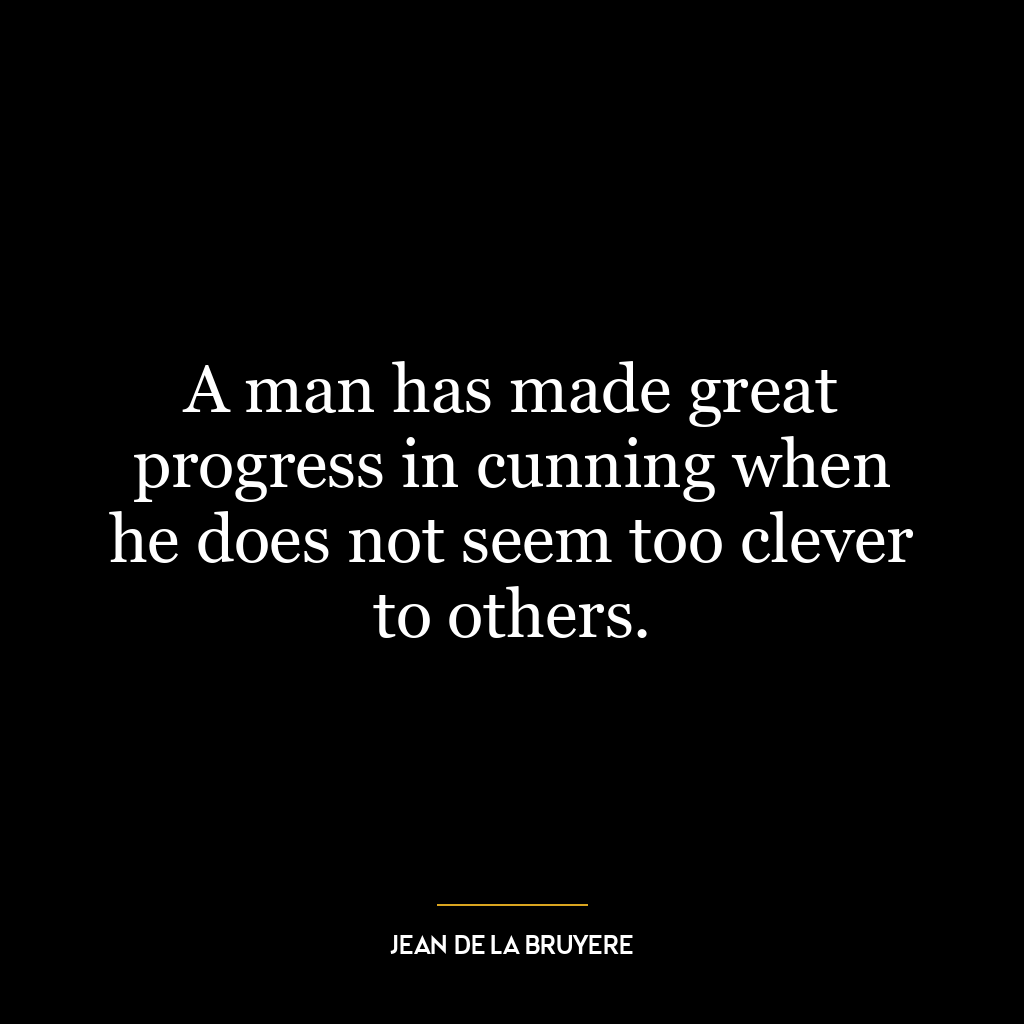This quote by Charles Spurgeon is suggesting that a person who refuses to consider or use the ideas, knowledge, and insights of others is essentially demonstrating their own lack of intelligence. It highlights the importance of learning from others and building upon shared knowledge as a sign of wisdom and intellect.
The phrase “thoughts of other men’s brains” refers to the ideas, experiences, learnings, and wisdom that other people have gathered throughout their lives. When someone chooses not to listen or learn from these thoughts, they are not only limiting their own understanding but also exhibiting intellectual arrogance which often signifies ignorance more than intelligence.
Spurgeon’s quote emphasizes that our individual intelligence is not solely self-derived. It’s a culmination of collective knowledge passed down through generations and across cultures. To reject this collective wisdom out of pride or stubbornness is akin to rejecting one’s own potential for intellectual growth.
In today’s world, this concept remains highly relevant in both personal development and societal progress at large. With the internet providing access to vast amounts of information from diverse sources worldwide, we have an unprecedented opportunity for learning from each other’s experiences and perspectives.
In terms of personal development, embracing this idea could mean actively seeking out different viewpoints on issues we care about or areas we want to grow in—reading widely across disciplines, engaging in discussions with people who have different life experiences than ours etc. This openness can broaden our horizons significantly more than if we were only relying on our individual thoughts.
Moreover, in professional settings such as research or innovation-driven industries where progress depends heavily on building upon existing knowledge base—the ability to understand and apply “the thoughts of other men’s brains” becomes even more crucial for success.
In conclusion: Spurgeon’s quote serves as a reminder that true intellect lies not just within ourselves but also within our ability to understand others’ perspectives—a lesson just as applicable today as it was during his time.










